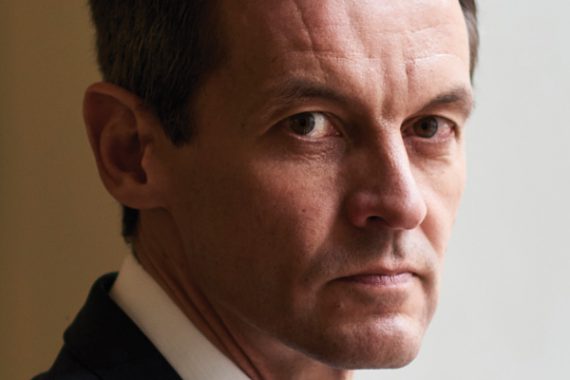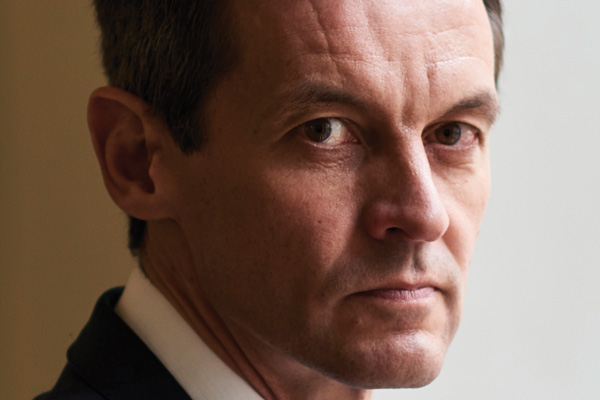Workload survey: GP workload has been unacceptably high for too long


01 richard vautrey power50 2017 1
One million a day. That’s how many appointments England’s 28,000 or so GPs and their teams deal with in England alone, according to data published for the first time at the end of last year.
On the face of it, these numbers are staggering, and show just how hard family doctors and the members of the wider practice staff are working to provide high quality care to their patients, many of whom will be living with a number of complex conditions.
However, they provide only a snapshot, and any GP will tell you that there is so much more to their workload than consultations with patients.
Day-to-day GPs spend a vast amount of time on admin, training, paperwork and meetings, before we even take account of evening and weekend consultations, and home visits.
Any GP will tell you that there is so much more to their workload than consultations
The profession is clear that this level of workload is not sustainable and not safe.
Indeed, a recent survey by the BMA found that more than 80% of GPs said the pressure to attend multiple tasks at once meant they were unable to guarantee safe care, while 91% said excessive workload was the main reason the NHS was struggling to recruit enough staff.
This all impacts patients’ experiences. While people overwhelmingly rate the care that they receive at their GP practice, we know that patients are often waiting too long to be seen.
Workforce is obviously a key issue here. We are losing highly-skilled doctors across all parts of the NHS; the number of full-time equivalent GP partners has fallen by 2,000 in the last three years, despite promises from the Government to boost numbers, meaning staff are finding themselves increasingly overstretched.
In the face of such a crisis in GP recruitment and retention, other healthcare staff are providing significant support from within practices.
Last week’s GP contract agreement pledges an additional 20,000-plus practice-based staff across England in the next five years, from pharmacists to physiotherapists, which we are confident will both deliver the best for patients and ease some of the workload pressures on GPs.
These extra workers will not replace GPs, but it is hoped that by directing patients to the right professional for their needs and in a timely fashion it will free-up doctors to focus on those we require their expertise most.
This in turn, should create a less pressured work environment and, alongside other commitments secured in the contract, including the state-backed indemnity scheme and a pledge to look at punitive pensions arrangements, make general practice a more attractive prospect.
The more visible wider practice team can also have a positive effect on demand management. Patients should be encouraged to feel confident and empowered in the role they can play in their own care, part of which is being aware of the wide range of services available to them aside from visiting their doctor.
Of course, the contract deal is a five-year package and we are under no illusions that the impact will be immediate. However, GP workload has been unacceptably high for too long, and the time for this issue to be taken seriously is long overdue.
Dr Richard Vautrey is BMA GP committee chair









